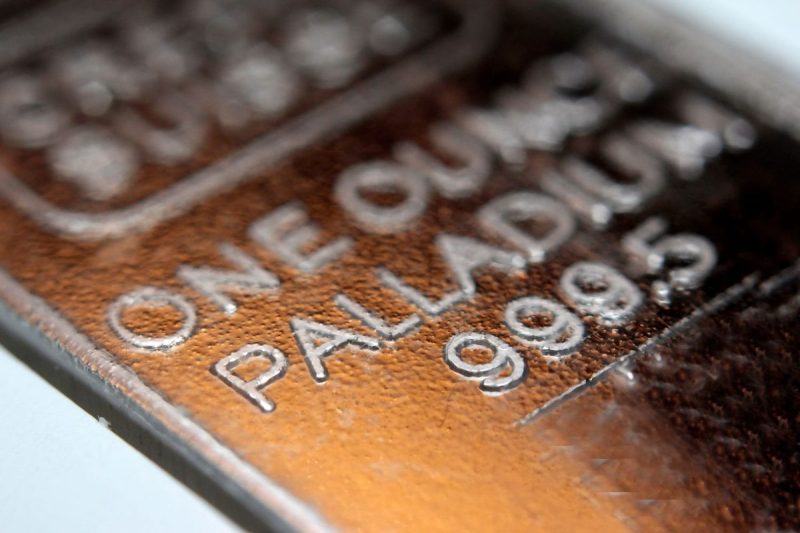
US Pushes G7 Sanctions Fuel PGM Surge While BRICS Seeks Trade Alternatives
The recent surge in the prices of platinum group metals (PGMs) has highlighted the economic repercussions of the United States’ decision to push for sanctions within the Group of Seven (G7) nations. The increased demand for these precious metals has been driven by the geopolitical tension and uncertainty surrounding sanctions, as well as the potential for disruption in the global supply chain.
BRICS, a group of emerging economies comprising Brazil, Russia, India, China, and South Africa, have been keeping a close eye on the developments within the G7 and are considering alternative trade options to counterbalance the impact of potential sanctions. The focus on diversifying trade partnerships and exploring new avenues for international cooperation reflects the shifting dynamics in the global economic landscape.
The surge in PGM prices can be attributed to the essential role these metals play in various industries, particularly in catalytic converters for vehicles and industrial processes. The uncertainty surrounding the supply chain due to potential sanctions has led to increased hoarding and stockpiling of PGMs by both producers and consumers, further driving up prices.
The United States’ aggressive stance on imposing sanctions within the G7 has not only prompted a reevaluation of trade strategies among member countries but has also reverberated across global markets. The interconnected nature of the global economy means that any disruption in trade relations or supply chains can have far-reaching consequences, impacting not just the countries directly involved but also the wider international community.
In response to the escalating tensions and the threat of sanctions, BRICS countries are exploring avenues for increased cooperation and trade among themselves. By leveraging their collective economic power and market influence, these emerging economies are looking to establish more resilient trade networks that are less susceptible to external disruptions.
As the geopolitical landscape continues to evolve and tensions between major economies persist, the importance of diversifying trade partnerships and exploring alternative avenues for economic cooperation becomes increasingly apparent. The surge in PGM prices serves as a stark reminder of the interconnectedness of the global economy and the need for countries to adapt and respond proactively to emerging challenges in the international arena.
In conclusion, the recent surge in PGM prices, driven by the specter of sanctions within the G7, underscores the importance of diversifying trade partnerships and exploring alternative trade options in an increasingly uncertain global economic environment. BRICS countries are taking proactive steps to enhance their economic resilience and reduce their dependence on traditional trade routes, signaling a shift in the dynamics of international trade and cooperation.
